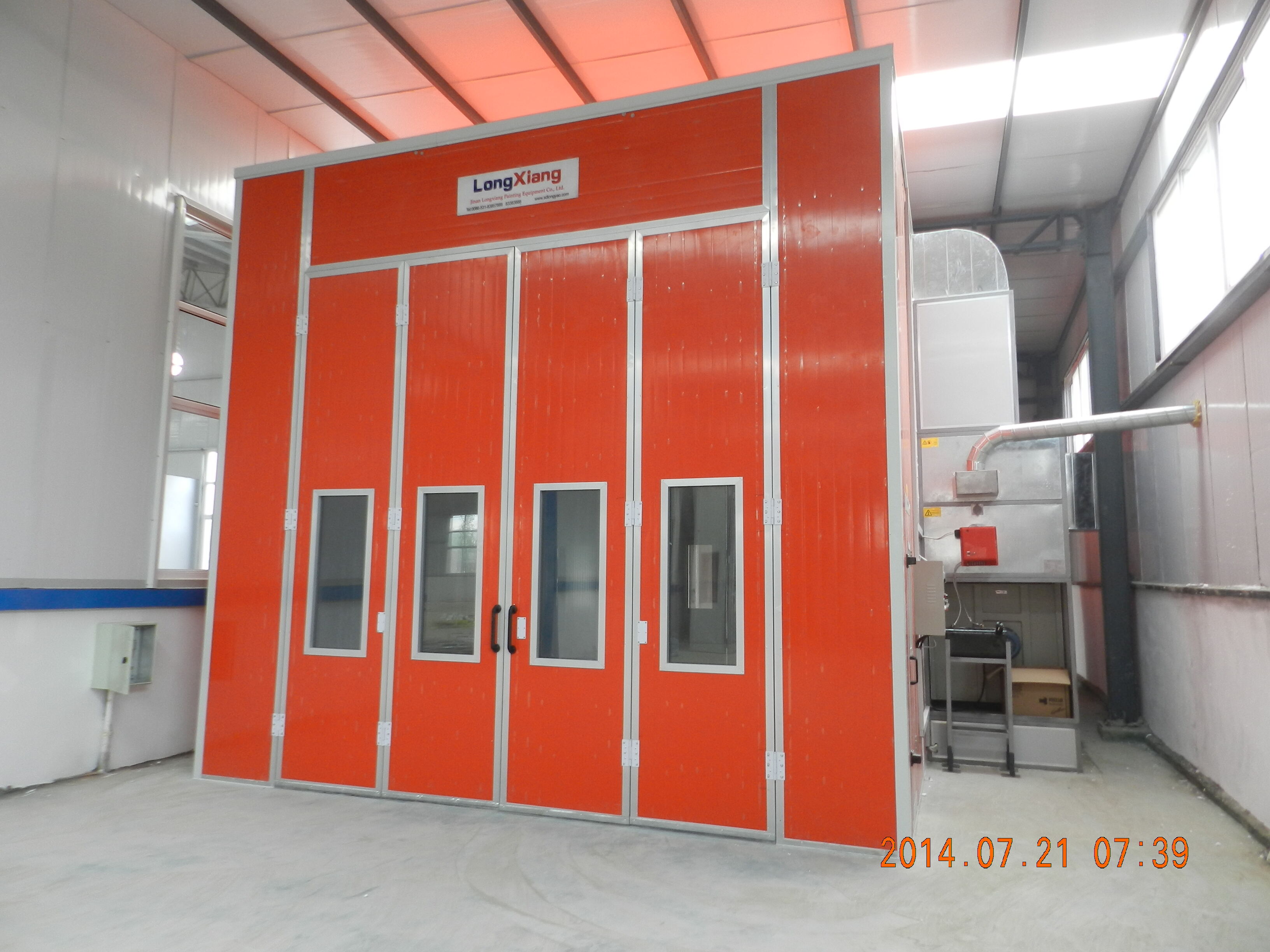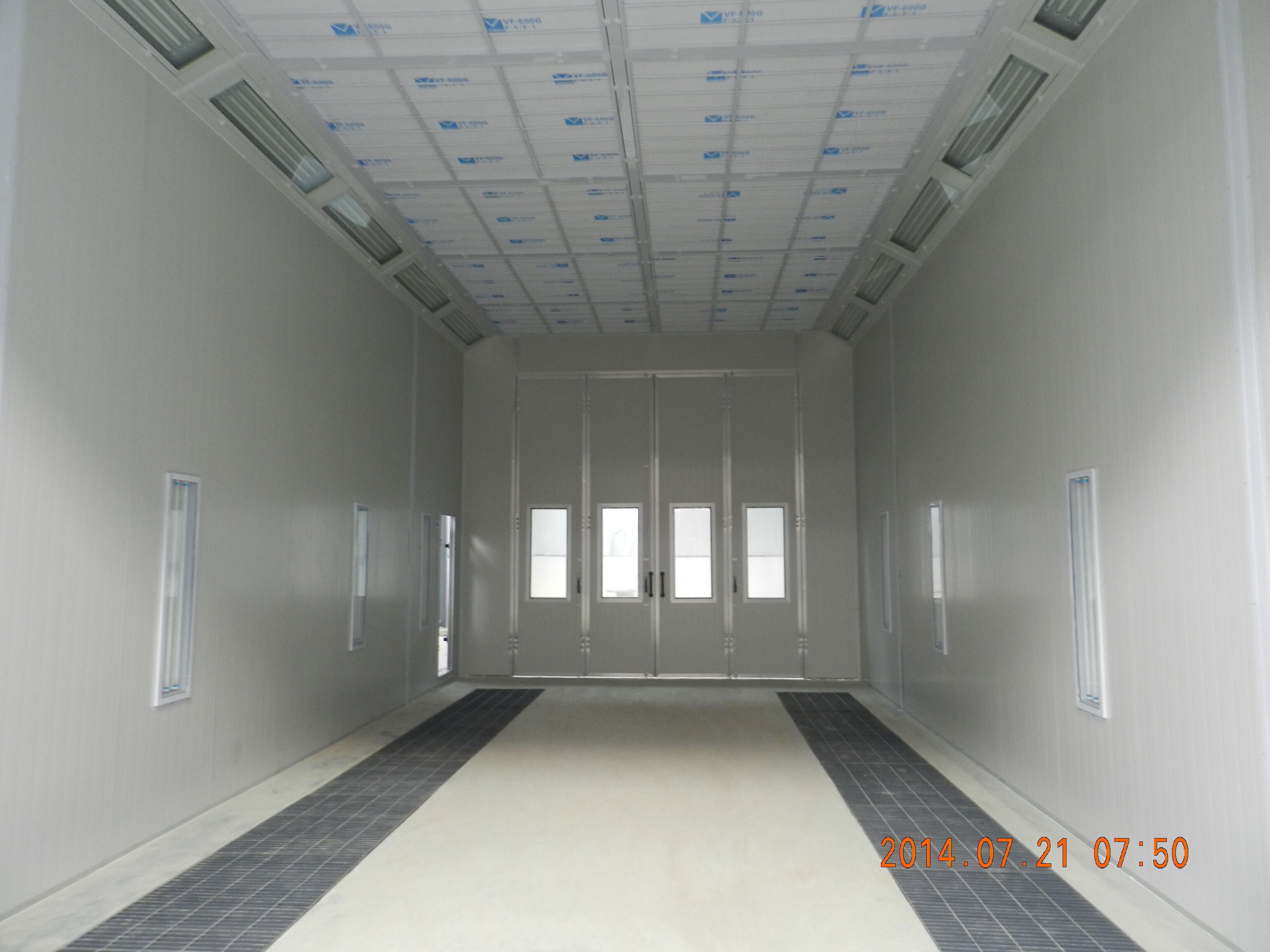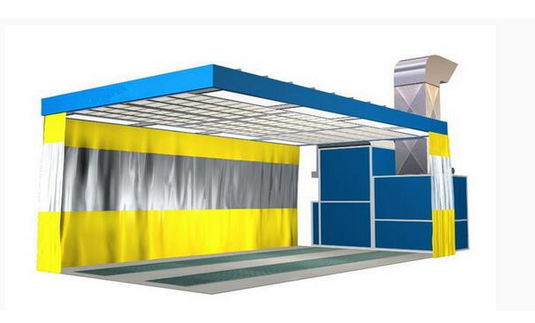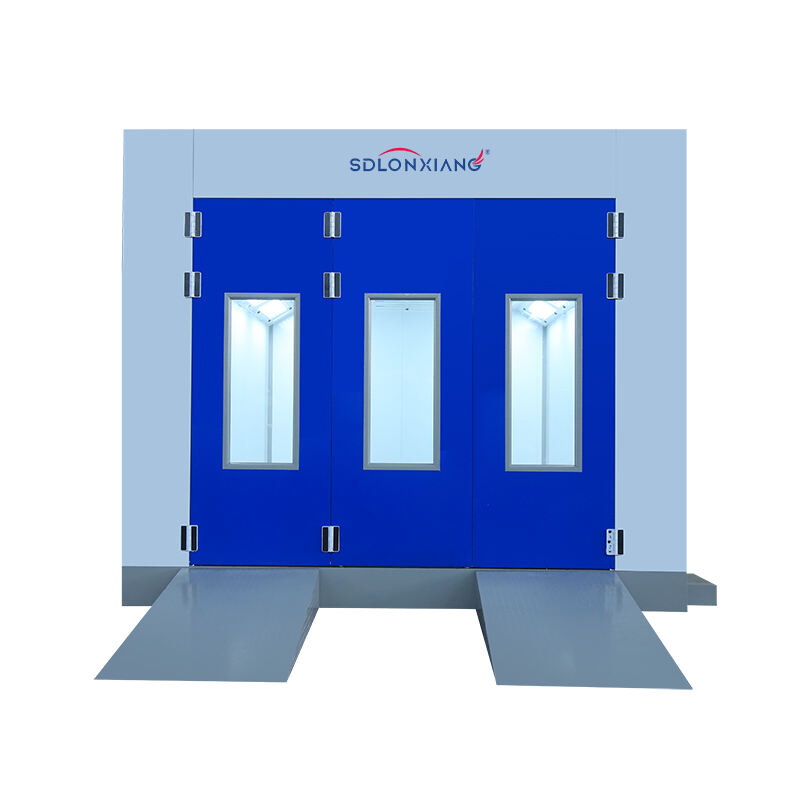Advanced Combustion Technology for Superior Performance
The heart of every gas paint booth heater lies in its sophisticated combustion system, engineered to deliver exceptional heating performance while maintaining the highest safety standards. Modern gas paint booth heater units incorporate advanced burner technology that ensures complete fuel combustion, maximizing thermal efficiency and minimizing waste emissions. The combustion chamber design features precision-engineered components that create optimal air-to-fuel ratios, resulting in clean burning and consistent heat output. This advanced technology eliminates the formation of harmful combustion byproducts that could contaminate the paint booth environment or affect coating quality. Temperature sensors continuously monitor combustion performance, automatically adjusting gas flow rates to maintain precise thermal conditions. The ignition system utilizes reliable electronic controls that provide consistent startup performance in all weather conditions. Safety interlocks prevent gas flow without proper ignition, eliminating dangerous accumulation of unburned fuel. Heat exchanger design maximizes thermal transfer efficiency while isolating combustion gases from booth air circulation. The robust construction of combustion components ensures reliable operation under demanding industrial conditions. Regular maintenance procedures keep the combustion system operating at peak efficiency throughout its service life. Advanced gas paint booth heater models feature modulating burners that adjust heating capacity based on real-time temperature requirements, preventing energy waste and maintaining optimal booth conditions. The combustion control system responds rapidly to temperature variations, ensuring consistent heating performance during extended painting operations. Professional-grade components resist corrosion and thermal stress, providing years of dependable service. This superior combustion technology translates directly into improved paint quality, reduced operating costs, and enhanced workplace safety for automotive refinishing and industrial coating applications.




